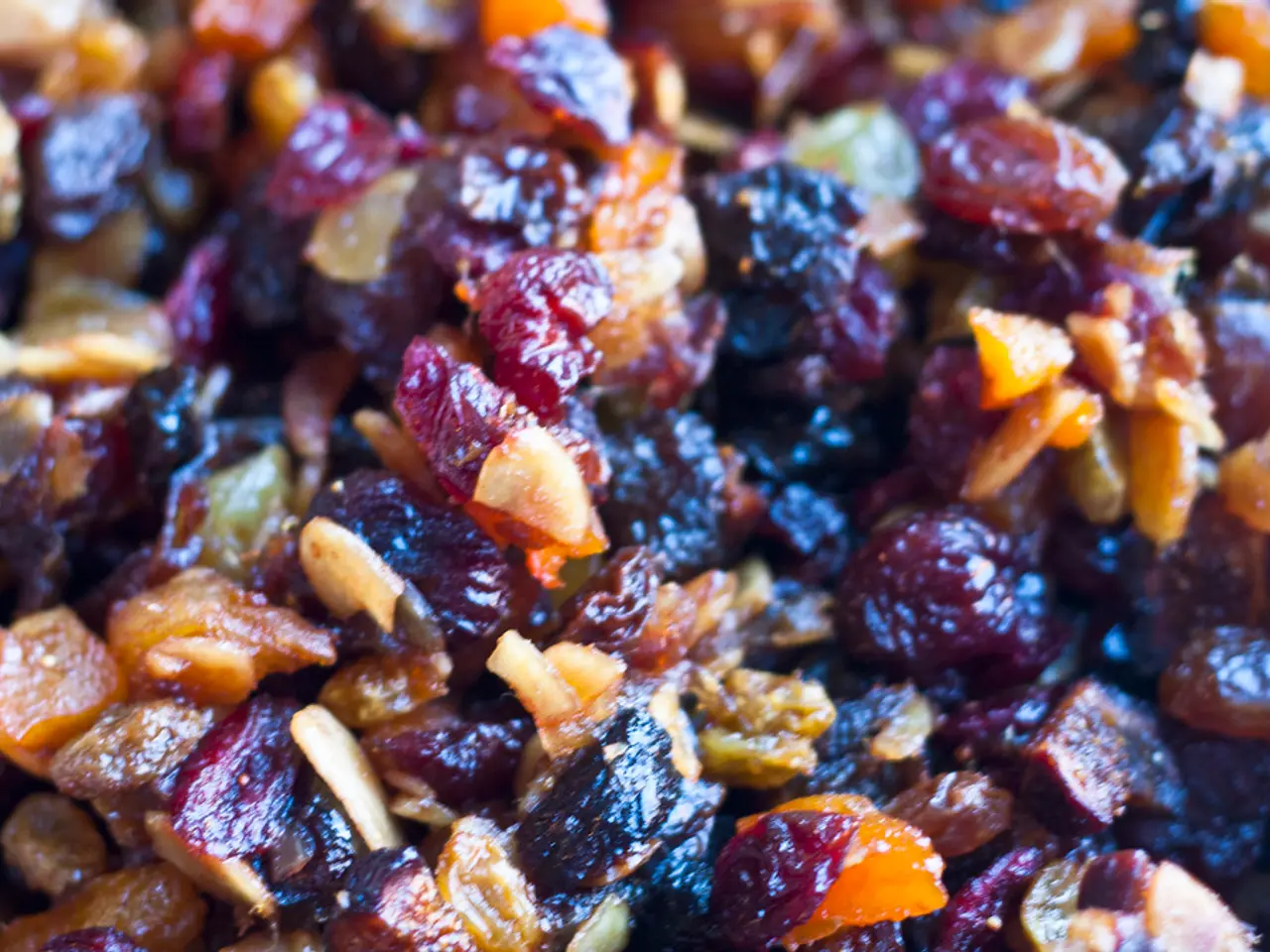Kitchen Essentials Transform as Efficient Natural Fertilizers
In the quest for a sustainable and eco-friendly garden, look no further than your own kitchen! By repurposing common household waste, you can create a natural and nutrient-rich fertilizer for your plants. Here's a guide to some of the best kitchen wastes for organic fertilizing.
Fruit and vegetable scraps, coffee grounds, eggshells, banana peels, potato water, and rice water are all rich in essential nutrients such as nitrogen, potassium, calcium, and phosphorus. These materials decompose to form nutrient-rich compost that improves soil structure and moisture retention, ultimately benefiting plant growth.
Rich in nitrogen, fruit and vegetable scraps decompose quickly, forming nutrient-rich compost that improves soil structure and moisture retention. Coffee grounds, on the other hand, provide nitrogen and help improve soil acidity, making them great for acid-loving plants like tomatoes and roses. Eggshells are high in calcium, magnesium, and nitrogen, helping to strengthen plant cell walls and reduce blossom end rot in vegetables like tomatoes. Banana peels contain potassium and phosphorus, essential for flower and fruit development, and can be directly buried or composted.
Potato water, after boiling potatoes, provides a nutrient-rich liquid fertilizer, while rice water, leftover from rinsing rice, supplies minerals and promotes plant health when used as a liquid feed. Composting these kitchen wastes creates "black gold" — a balanced, slow-release organic fertilizer rich in beneficial microbes that enhance nutrient uptake and soil health.
Other kitchen items can also improve the health of your garden as alternatives to chemical fertilizers. Wood ash is a good source of lime, calcium carbonate, and potassium, and can be used as a plant fertilizer with no special preparation. Wood ash helps neutralize acidic soil, benefiting crops like asparagus, parsley, okra, and mock oranges.
Epsom salt is packed with sulfur and magnesium, boosting chlorophyll production, supporting photosynthesis, and promoting better root growth. Banana peels are rich in potassium, calcium, and magnesium, and can be used as a plant fertilizer by steeping them in water for 3 to 7 days before using the water to hydrate plants. However, table salt should not be used as a substitute for Epsom salt, as it can raise the salinity level of the soil and potentially kill plants.
Blackstrap molasses is a good source of calcium, magnesium, and potassium and can encourage the growth of garden-friendly microorganisms. Unflavored gelatin is rich in nitrogen and can be used as a slow-release fertilizer for houseplants when dissolved in plant water. To use blackstrap molasses as a plant fertilizer, dilute about 1/2 cup of blackstrap molasses in a gallon of water and spritz on the soil or along the roots of flowering crops to boost yield.
Lastly, white vinegar can be used to amend the pH level of the soil, especially for acid-loving plants like roses, hydrangeas, rhododendrons, gardenias, and azaleas. Mix a tablespoon of white vinegar in a gallon of water and use the solution to feed these plants. However, it's important to note that white vinegar can raise soil acidity only if the soil pH is already high.
By incorporating these simple and sustainable practices into your gardening routine, you can nourish your plants naturally, reduce overall food waste, and support sustainable gardening practices. Happy gardening!
Organic fertilizing can be enhanced by using kitchen items like fruit and vegetable scraps, coffee grounds, eggshells, banana peels, potato water, and rice water, each rich in essential nutrients, to create compost that benefits plant growth and soil health. To promote soil acidity, coffee grounds are beneficial for acid-loving plants like tomatoes and roses.




